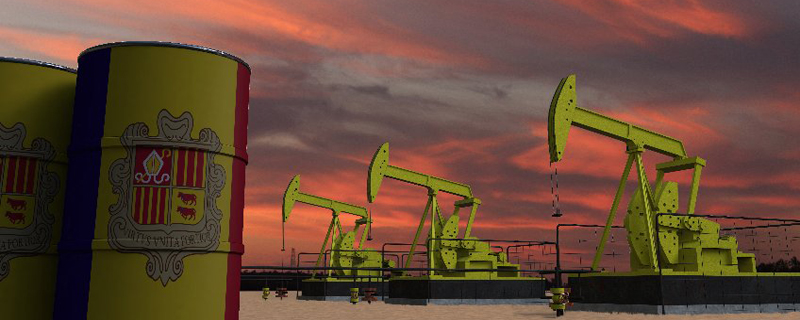Even if we stick our heads in the sand regarding its environmental impacts, fracking will not ease rising UK energy bills.
Desperate times result in ineffectual measures
In a time when the energy crisis is paired with contracted global outputs, reduced household purchasing power, and supply imbalances, governments are scrabbling for solutions. A recent example of this has been the UK lifting its ban on fracking. Fracking, which was banned in 2019, was re-introduced as part of Prime Minister Liz Truss’ package of measures to tackle rising energy prices. However, as in 2019, the announcement has been met with plenty of backlash as both an ineffective and harmful solution. Even if we stick our heads in the sand regarding the environmental impact of fracking, it will not ease rising energy bills in the UK. The price of gas is determined on the European market and any excess will be quickly purchased at high prices. Moreover, many expert geologists are seeing faults in the plan at even earlier stages, stating that the UK does not have the right type of shale, and, unlike the US, it will be a costly and complex process that will result in much lower oil and gas output than expected.
Fracking will cause more problems than it is worth
But it is the environmental impacts of fracking that cement it as an intolerable solution to the energy crisis. The risks of fracking run deep. It impacts the air, water, soil, vegetation, wildlife and humans too, especially with the contamination of groundwater. If that was not enough of a deterrent, there is also an indeterminate risk of earthquakes. A recent study by the British Geological Survey noted that in some areas of fracking ‘the resulting hazard from induced earthquakes … is significantly greater than the hazard from tectonic earthquakes’. Fracking brings more risk and disappointment than solutions, and instead of rehashing past solutions, nations must look to the future with a buildout of renewable energy capacity, an improvement of energy storage infrastructure, and the deployment of more clean energy technologies in the face of current and future energy crises.
Source: Power Technology





Leave a Reply
Want to join the discussion?Feel free to contribute!